Lucy Spraggan on winging it, her Gibson J-185 and building a career
How hard work, talent and stagecraft built her name
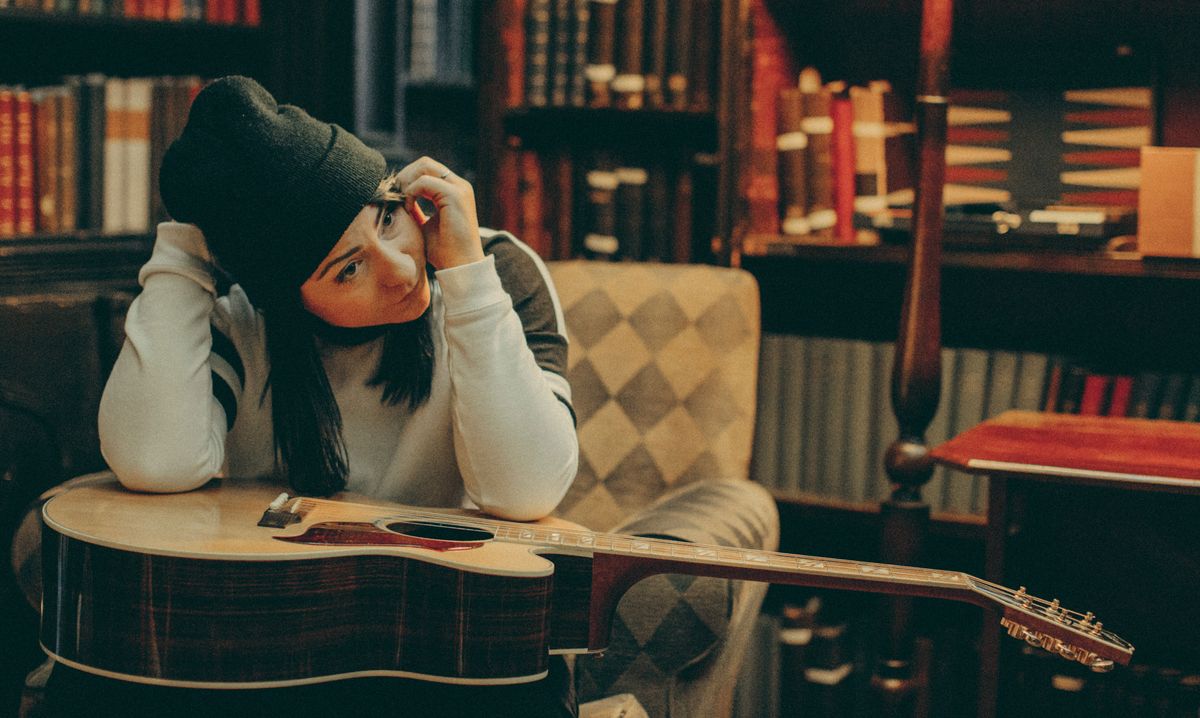
Lucy Spraggan is known by two separate and distinctly different sets of music fans: those who have bought one or more of her four successful albums and seen her highly enjoyable live shows, and those who remember when she sang her own composition, the whip-smart Last Night, on The X Factor.
At the time of our meeting, Spraggan is back home just outside Manchester, rehearsing for her next tour by day and writing material for her new album by night.
She took some time away from both to talk about The X Factor and her ongoing success. First, there is time to discuss her songs, and the way she writes them.
Attention grabbing
“The ‘funny song’ thing came about because I was playing songs that I liked, but which wouldn’t always grab the attention of an audience, so when I played gigs in pubs I would put the odd quirky song in to make them laugh, and then I could play another song that I liked playing.
"This was one of the songs I was most known for. Some people think I am just someone who writes funny songs – and they are there – but my songs are about words, they are the most important thing for me. The music I listen to, as well as what I write and play myself, is all about words.
"My absolute idol is Don McLean because he creates pictures that you can get lost in. When I was a child, I was in hospital having surgery on a tendon, and the hospital radio people came around and asked if I wanted a record played. I asked for American Pie because it’s one of my favourite songs, and they played the Madonna version! I was not really impressed.
“But listening to writers who create images has informed the way I write. I see people, and observing them gives me ideas. We went to Florida not long ago for a few weeks, and someone suggested that we go to this biker bar that was really dodgy, but it had the best burgers in the area.
Get the MusicRadar Newsletter
Want all the hottest music and gear news, reviews, deals, features and more, direct to your inbox? Sign up here.
"So we went, and it was really dodgy, not the sort of place you’d go. There was a woman behind the bar who was captivating. She was called Connie, and she was amazing. I was trying to get her to talk because in my mind I was building a song about her. I started writing the song yesterday; it’s called Connie’s Bar.”
Charity case
Although Lucy can accompany her songs with pro-level acoustic guitars, it was not always like that, as she remembers. “My first guitar was from a charity shop, it cost about a tenner. My brother plays guitar, and I was always getting hold of it and trying to learn, mainly because I just wanted to be better at something than him.
"This guitar was a blue Chinese acoustic, and I remember my fingers bleeding as I tried to get around the frets and strings. The first song I learned was Smoke On The Water, and then I got an Offspring album, so the next song I learned was She’s Got Issues. Even now, though, if you gave me one really good guitar, and one that was just OK, I’m not sure I could actually tell you the difference. My band, bless them, are all musicians and all gear heads.
"It always amazes me when we go into rehearsals and we all get to play something in unison, it’s just amazing. They take something I have come up with and improve it tenfold, and then we go out and play it for people. I get overwhelmed when I walk out on stage and see how many people are in the audiences.
"I know that when I play The Ritz in Manchester, I will cry when I go on. It’s the first time I’ve sold out a show at The Ritz. I played a gig at the Leadmill in Sheffield and there’s a line I sing in ‘Inspired’: ‘I forget the pain each time I hear you shout my name’, and the audience all yelled ‘Spraggan!’
"I tried to sing the next part, and I just couldn’t, I was crying, and the crowd went mad, they thought it was amazing. I was just completely overwhelmed!”
So, what are the guitars we should look for on the new tour? “I have a rosewood Gibson J-185 – it has a luscious sound to it. I like guitars with a depth in the sound. My other guitar is a Freshman FA500 DCE. I like a big dreadnought body and I like a good low-end sound, and not so much at the top end.
I like juice and drive in a guitar sound, and the Gibson is really comfortable to play
"I like juice and drive in a guitar sound, and the Gibson is really comfortable to play. Freshman sent me eight guitars and asked me to pick the two I liked best, which was wonderful of them. Interestingly, considering I don’t know anything about guitars, the two I picked were at either end of the price scale, but they were the ones I liked the sound of best.”
In common with a lot of acoustic musicians, Lucy is self-taught, and her brief foray into the world of lessons solidified her decision to go it alone. “When I was about 15, I decided that I needed to know some more chords. I only know five chords and some power chords and that’s it, and if anything is in an unusual tuning, trust me, it is entirely made up!
"So I went to see this teacher and right away he noticed that I only use the three fingers on my right hand, which apparently is a dead giveaway for self-taught players. He told me that I needed to hold my guitar differently, and I was going to have to start using my other two fingers, and I thought, ‘this is going to change everything’, so I left and I carried on playing the way I play because that is my style, and I am comfortable with playing that way, and I don’t want to change it.
"I think you can lose some of the love for playing the guitar if you are taught from a young age, because at a young age, you don’t want to be taught, and I think that can straitjacket some of the creativity in people.
"I have never been able to sit down and take direction from anyone about anything, so it definitely wasn’t for me!”
The X-Files
Spraggan left The X Factor before the finals because of illness, but even before the show she was beginning to find success – and she is bemused by some of her experiences leading up to her time on the nation’s TVs.
“I was already on my way,” Spraggan recalls. “I had just secured a support slot on a Joan Armatrading tour, and I was doing a lot of support slots at Dingwalls and The Good Ship in Camden.
Stagecraft is something you develop, and you have to develop it by doing it
"I had some serious label interest as well. I had been playing what I thought was ‘the circuit’ but it turned out it was just the northern circuit, and you need to be playing the southern circuit including London to be really noticed. When I found the London end of things, I spent about a year building my name and reputation there.
“The X Factor was a strange experience for me. I was always one of those people who never thought they would go on something like that. But when you start chatting to labels and management companies, they say things like, ‘you need to change your image’, and ‘lose some weight’, and ‘change your name to Lucy Diamond’, and ‘wear a pink princess dress with Doc Martens and a top hat’.
"Then I thought, I’ll try The X Factor, see if I get through, and see what happens from there.”
Do unto others...
Thanks to her constant workload as a live gigging musician, Spraggan has managed to learn about the art of performance, and how to treat people who come along to see you play.
“Stagecraft is something you develop, and you have to develop it by doing it. You think that you are good at it, and then the next time, you find maybe you weren’t that good at it. I always say that the only person to be on stage is you, if you try and put an exaggerated person out there, it is far too much hard work to keep that up.
“It is so important to be nice to people who come and watch you play, not because it’s about being a professional musician, but because it’s about being a nice person. I had the experience of meeting my musical idol, who will remain nameless, and afterwards, when I got home, I deleted every single piece of music of his off my computer and ditched all of his albums.
“I was headlining a festival and he was on early afternoon, and I came early to see his set. It was a family festival, and his water was obviously vodka and he was wrecked, but I came over afterwards and introduced myself and said I was a huge fan, and asked him if I could get a picture, and he just sneered at me. I would never treat anyone like that.”
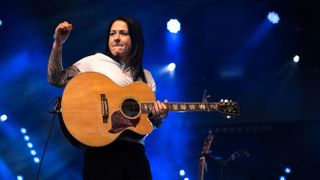
Have you got a career strategy? “Yes, it’s called winging it!” she says, laughing. “When people ask me how I manage to make albums and tour and write, it is just perseverance.
"You spend so much money making records sound right and look right, so it is just perseverance and passion and winging it. I have worked with the wrong people in my career. I have had five or six managers since X Factor, and now I am with Ben. I’ve been a close friend of his for years – we shared a house in Sheffield – and Andy is my gig booker, and it works, because I can trust them.”
Do you practise your guitar playing? “No, it’s my downfall,” she says with a rueful smile. “When I go to play on tour, and play album tracks, it’s the first time I have played them since I wrote and recorded them.
"I get things in shape with the band, and we play nearly every weekend, so that’s my rehearsal. If I am off, I panic, and think I can’t do it, but it does all come flooding back. It’s about delivering the song, and the guitar comes naturally, I never think about playing.”
I Hope You Don't Mind Me Writing is out now on CTRL Records.



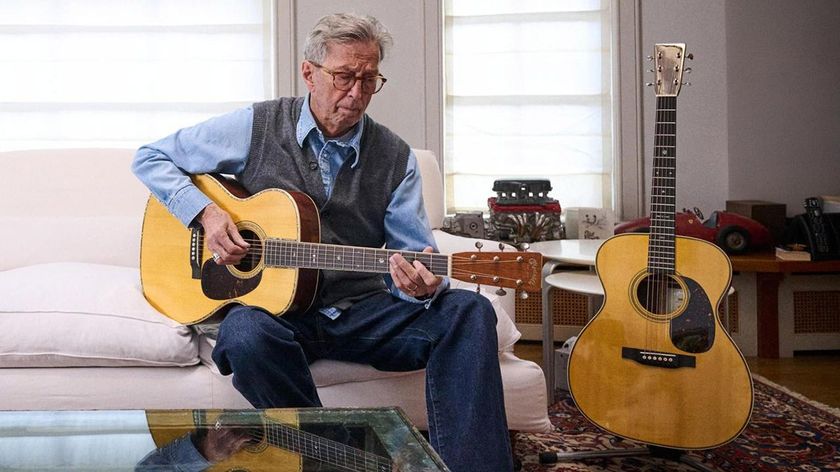
“Over the past three decades, his partnership with Martin has produced some of the most sought-after signature guitars in the company’s history”: Martin recreates Eric Clapton’s MTV Unplugged acoustic for limited edition anniversary run
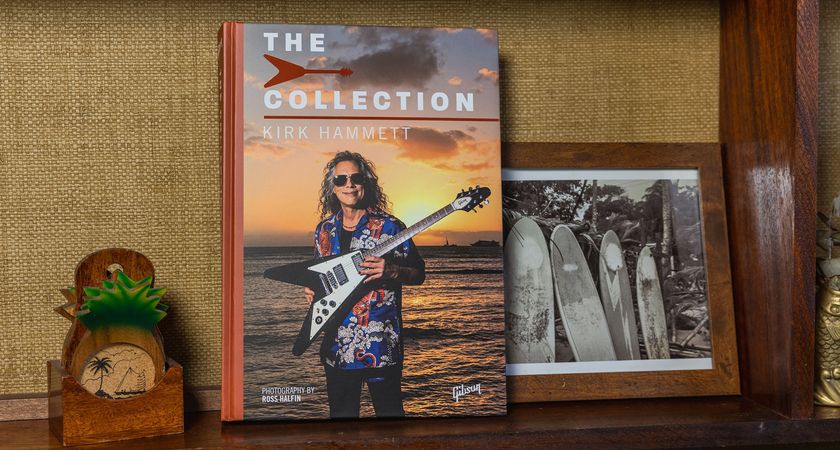
“The deepest-ever dive into the Metallica star’s eclectic guitar collection”: Kirk Hammett and Gibson Publishing team up for epic coffee-table book
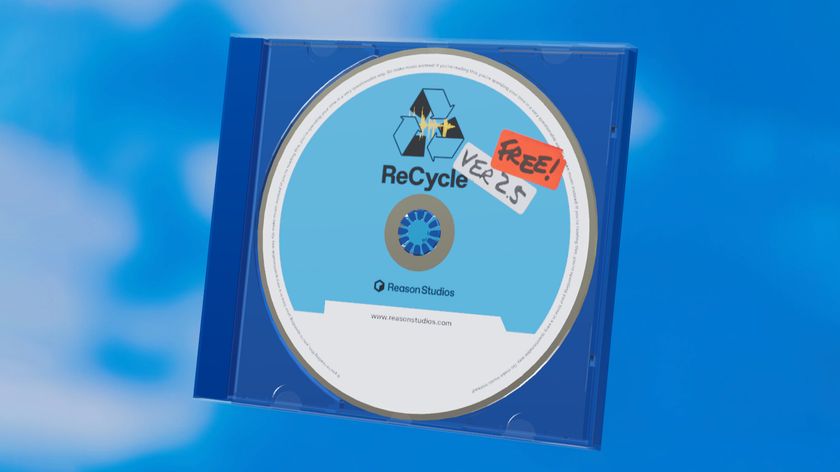
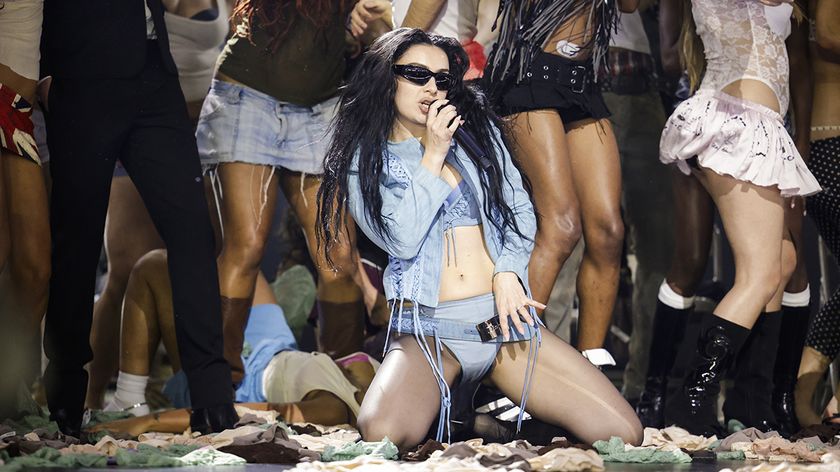
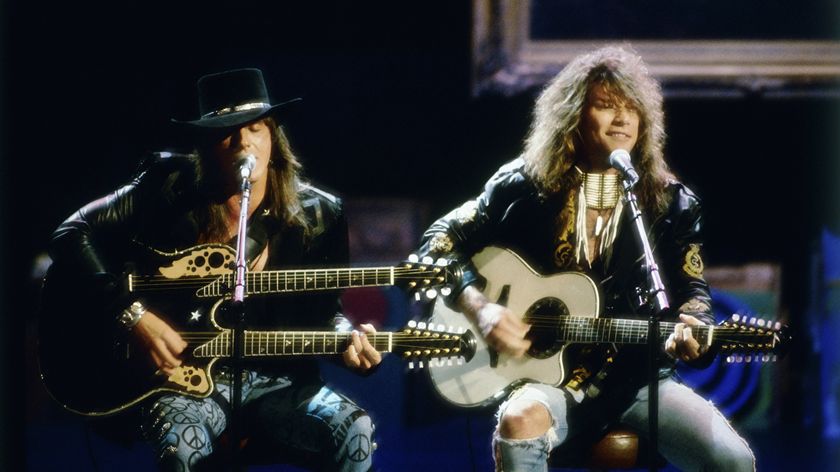
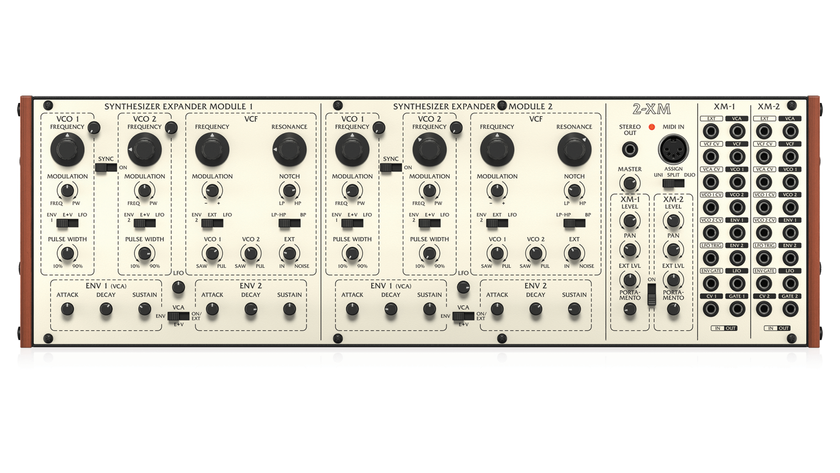
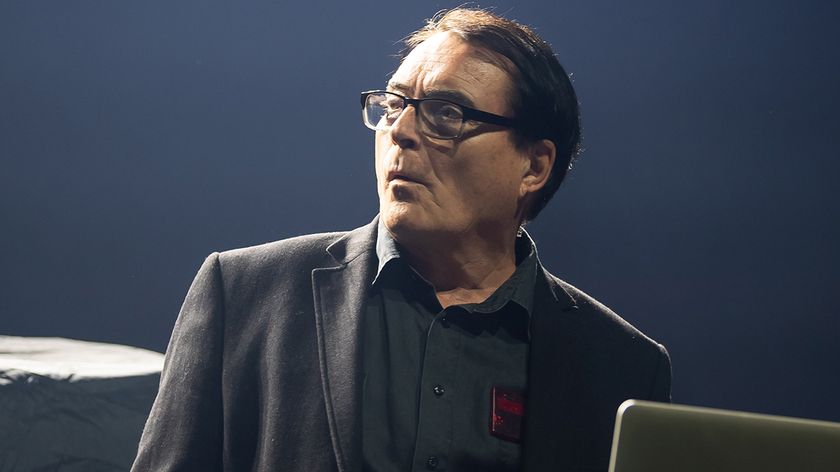
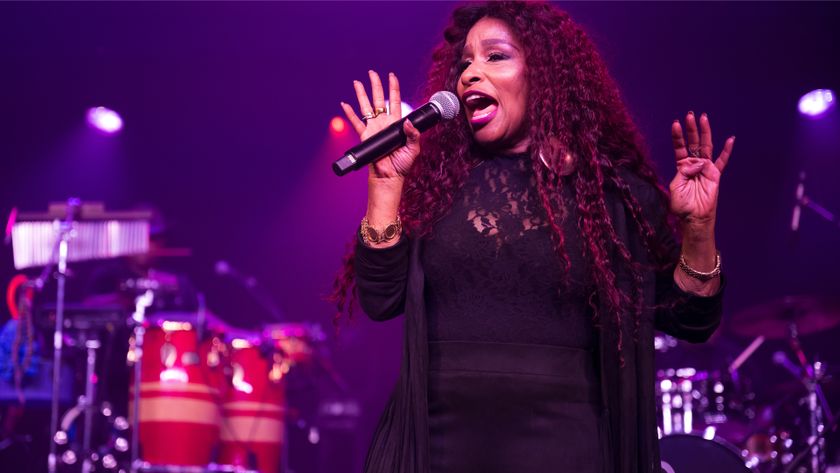
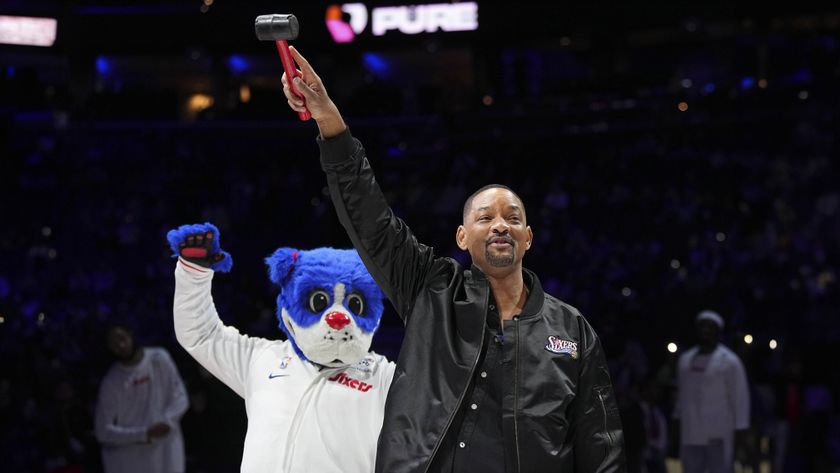


![Chris Hayes [left] wears a purple checked shirt and plays his 1957 Stratocaster in the studio; Michael J. Fox tears it up onstage as Marty McFly in the 1985 blockbuster Back To The Future.](https://cdn.mos.cms.futurecdn.net/nWZUSbFAwA6EqQdruLmXXh-840-80.jpg)